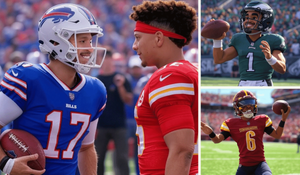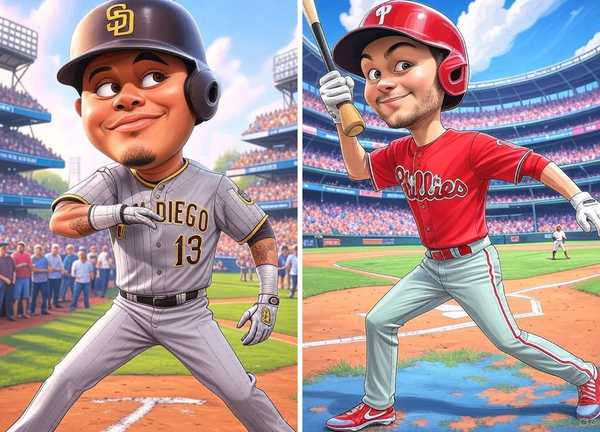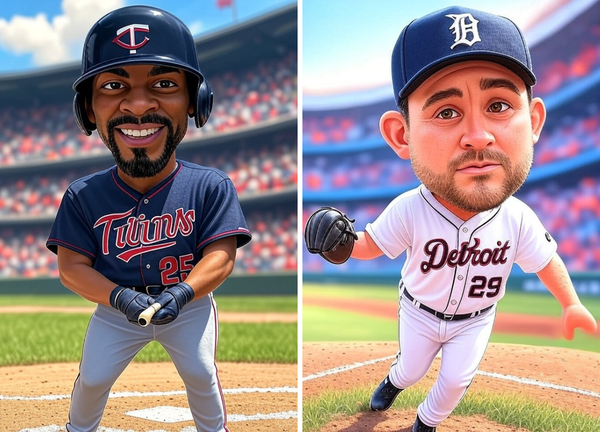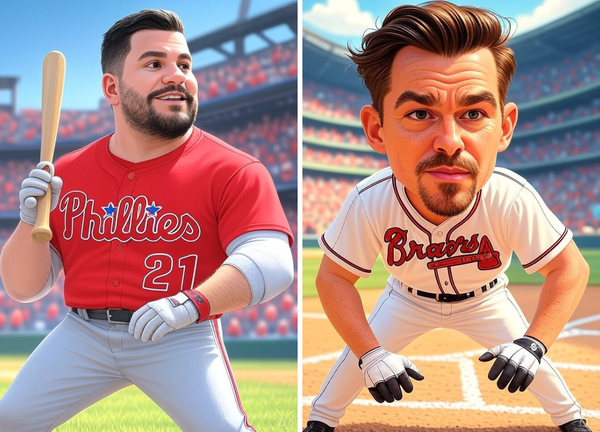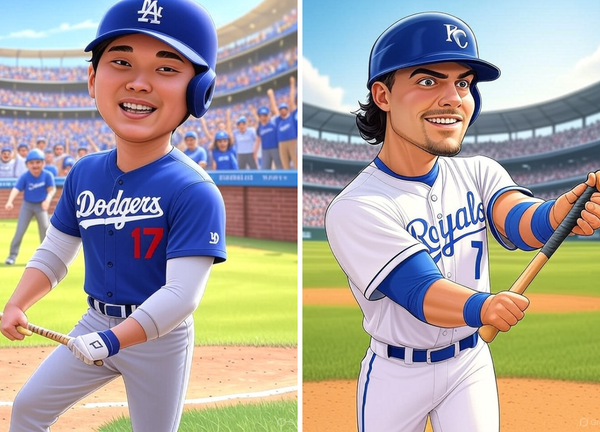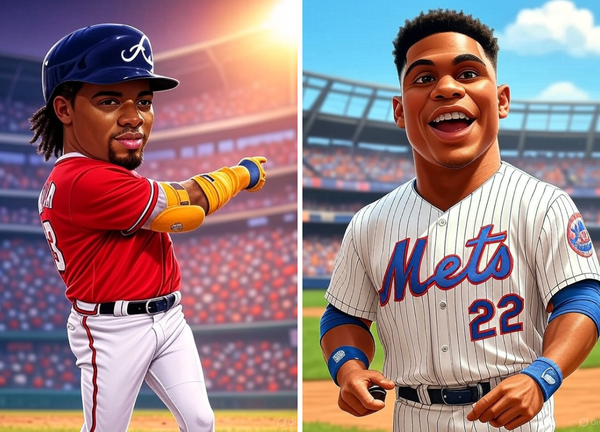Stepping up to the plate, bat in hand, eyes on the pitcher, waiting for the perfect pitch to send soaring into the outfield - it’s a thrill every Little League player lives for. But to hit that home run, hours of practice are required, and that’s where a little league pitching machine can be a game-changer.
This gadget can consistently deliver pitches, helping budding players improve their batting skills significantly. So, ready to swing for the fences? Let’s dive into the world of Little League pitching machines and find the perfect one for you.
Short Summary
- Invest in a Little League pitching machine for improved hand-eye coordination, competitive edge, and skill development.
- Consider speed range & flexibility, pitch variety & wheel options when choosing the right pitching machine.
- Popular budget-friendly options include Louisville Slugger Black Flame Pitching Machine and Franklin Sports MLB Electronic Baseball Pitching Machine.
Top Little League Pitching Machines in 2023
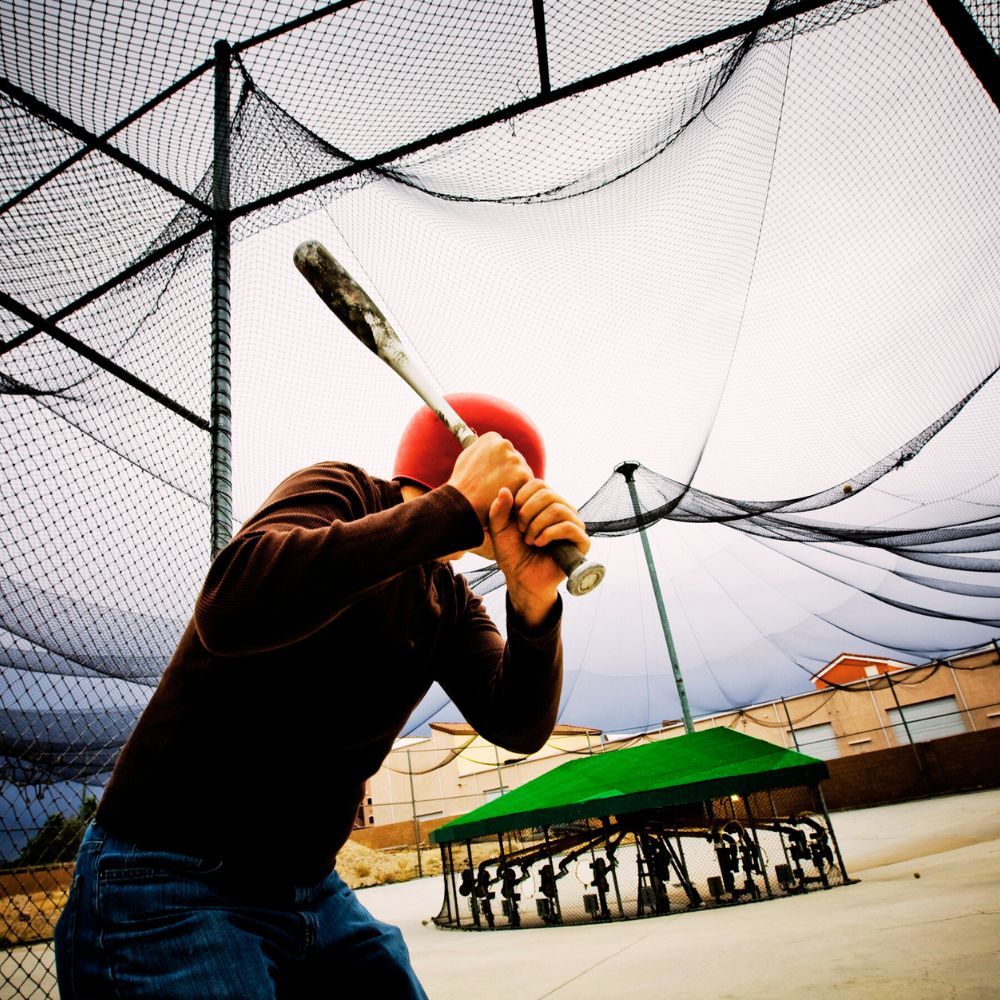
Pitching machines have revolutionized the way we practice baseball, even in pitching machine leagues. They allow for consistent, repeatable pitches, letting players focus on their swing mechanics and timing.
For Little League players, having the right youth pitching machine can make a huge difference in their development. With the increasing popularity of youth pitching machines, it’s never been easier to find the perfect one for your young athlete.
In 2023, three machines emerged as the top contenders for Little League players - the Louisville Slugger Black Flame, Jugs BP1 Baseball/Softball Combo, and Heater Sports Heavy Duty Baseball Pitching Machine. Each of these machines brings something unique to the table, and we’ll dig into the specifics to help you understand which one might be the best fit for your young player.
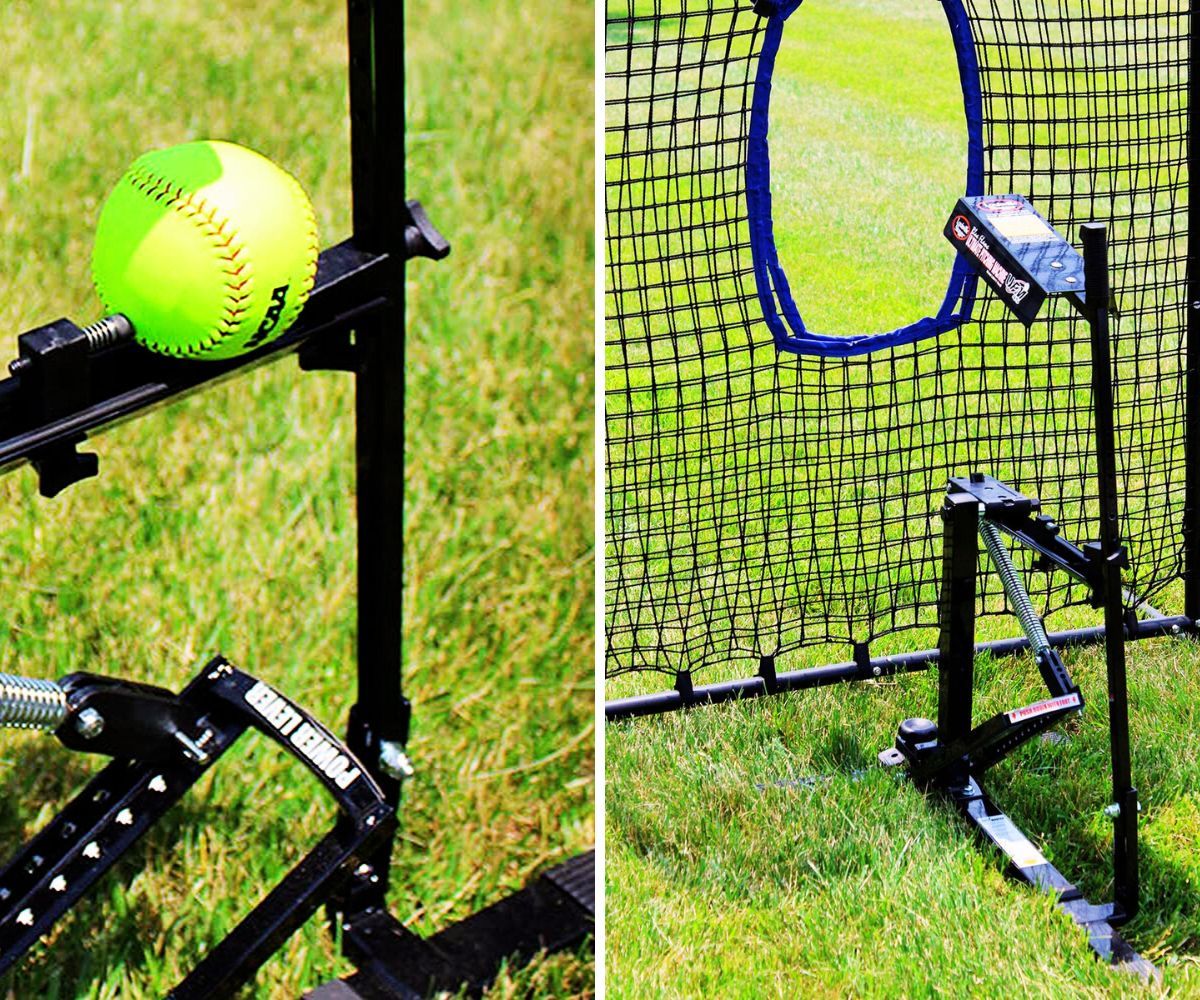
Louisville Slugger Black Flame Pitching Machine
The Louisville Slugger Black Flame Pitching Machine is our top priority. We’ve put it first on the list for you to check out. This manual machine is as versatile as it is affordable, making it a top pick for both baseball and softball practice in machine pitch leagues. It offers a speed range of 50MPH for fastballs to a minimum speed of 18MPH, catering to a variety of skill levels. But the Black Flame isn’t limited to just throwing fastballs. It can also throw grounders and fly balls, perfect for fielding practice.
One of the standout features of the Black Flame is its dual compatibility. It can be used with both regulation baseballs and softballs, offering flexibility that’s a huge advantage for teams that have both baseball and softball players. Plus, it’s easily portable without the need for wheels, making it a convenient choice for teams that might need to move their machine around frequently.
Given these features, it’s clear that the Louisville Slugger Black Flame Pitching Machine offers excellent value for money.
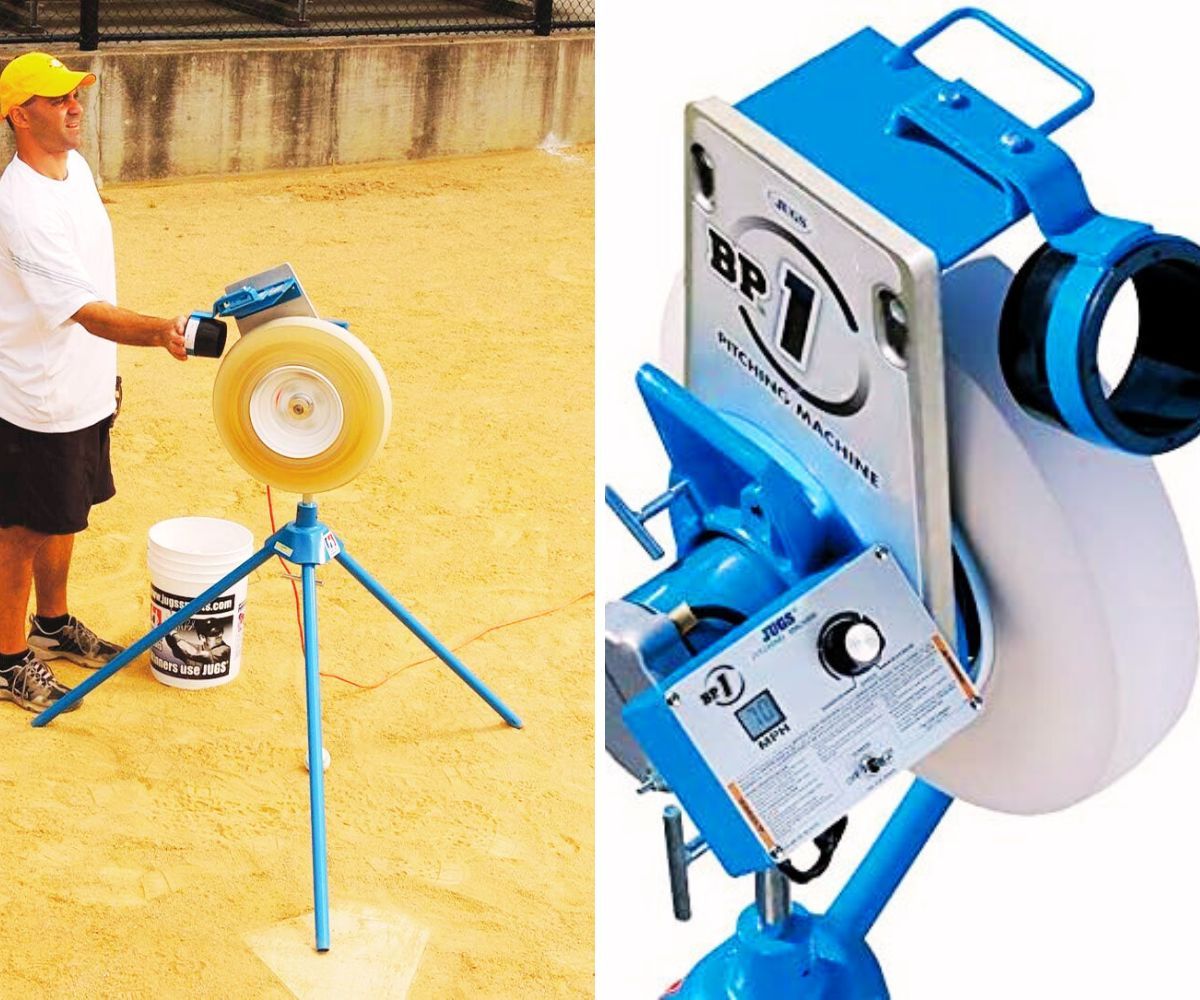
Jugs BP1 Baseball/Softball Combo Pitching Machine
Next up is the Jugs BP1 Baseball/Softball Combo Pitching Machine. This automatic machine is a popular choice for both baseball and softball practice, and it’s easy to see why. The Jugs BP1 is straightforward to assemble and operate, and its adjustable speed settings make it suitable for a variety of age groups and ability levels. With the ability to throw both baseballs and softballs, the Jugs BP1 offers versatility that can accommodate the needs of different players.
One of the standout features of the Jugs BP1 is its highly durable tripod base. This ensures a stable performance even after numerous pitches, eliminating the need for regular adjustments. This stability, combined with the machine’s pitch consistency, helps players focus on their swing mechanics rather than adjusting to inconsistent pitches.
Though it’s not suitable for high-level competitive play, the Jugs BP1 is a fantastic choice for Little League players looking to improve their batting skills.
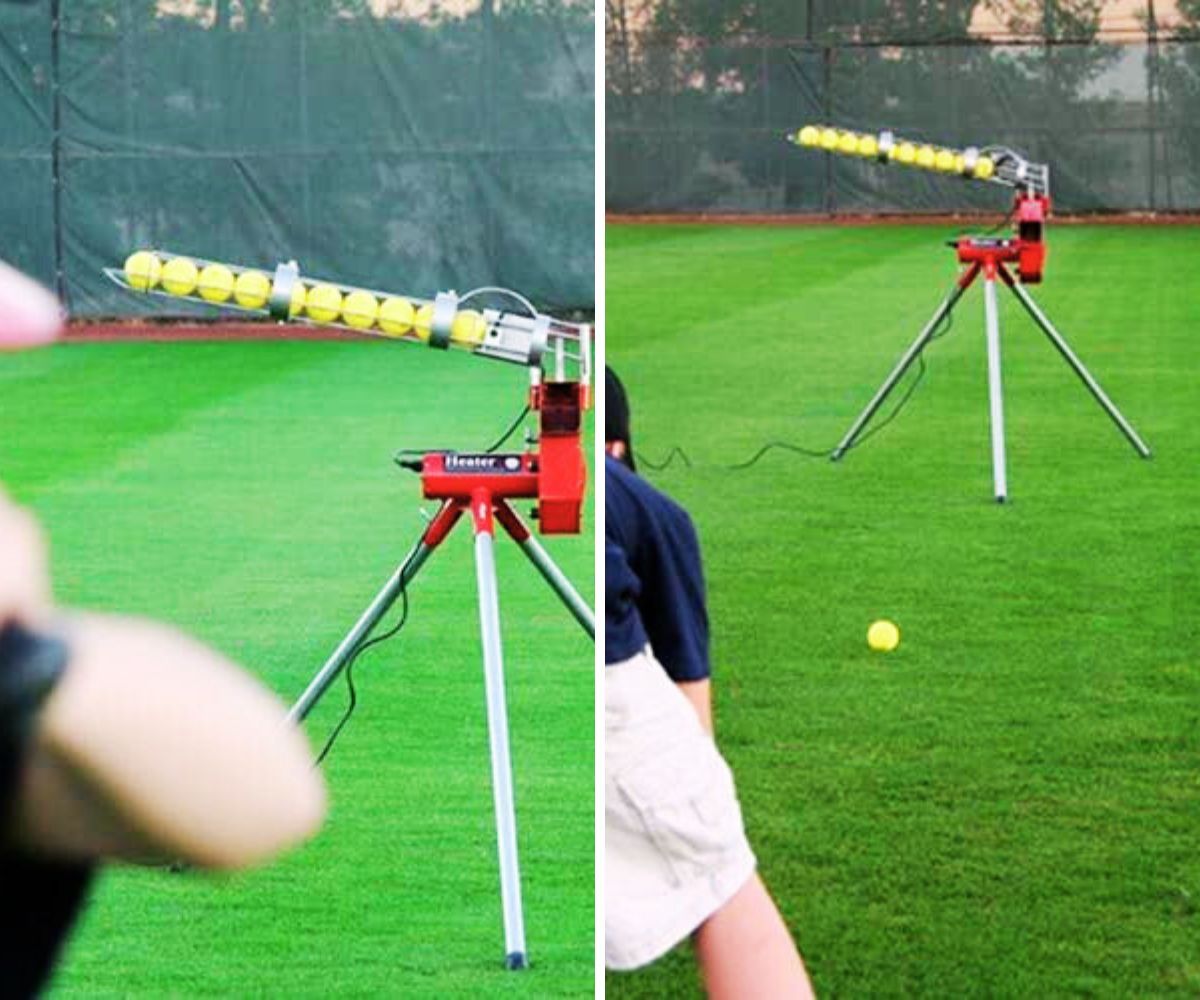
Heater Sports Heavy Duty Baseball Pitching Machine
The Heater Sports Heavy Duty Baseball Pitching Machine rounds out our top picks. This machine is designed to support regulation baseballs and is renowned for its consistent speed and accuracy. What sets the Heater Sports machine apart is it's adjustable settings and built-in ball feeder, which offers an 8-second interval for optimal performance. This means players can get more swings in less time, maximizing their practice efficiency.
The Heater Sports machine offers a high level of performance at a reasonable price point. Its features include:
- Consistent speed and accuracy
- Adjustable settings
- Dependable and efficient pitching
- Suitable for Little League teams
- Ideal for batting practice and improving swing
Whether it’s for batting practice or honing that perfect swing, the Heater Sports Heavy Duty Baseball Pitching Machine is sure to be a hit.
Factors to Consider When Choosing a Little League Pitching Machine

Choosing the right pitching machine is not as straightforward as picking the one with the highest speed or the most features. There are several factors to consider to ensure you’re making the best choice for your Little League player. Let’s break down these factors and delve into the specifics of:
- Speed range and flexibility
- Pitch variety and wheel options
- Manual vs. automatic machines
- Ball compatibility
Speed range and flexibility are important considerations when selecting a pitching machine. The speed range should be appropriate.
Speed Range and Flexibility
Speed range and flexibility are key factors to consider when choosing a pitching machine. The ability of a machine to adjust its speed not only caters to players of different skill levels but also allows for more versatile training. For instance, the Louisville Slugger Black Flame Pitching Machine offers a maximum speed of 50MPH and a minimum speed of 18MPH, catering to a wide range of players.
The speed range of a pitching machine can also be indicative of its flexibility. Machines with a wider speed range can be adjusted to simulate a variety of pitching speeds, offering players a more comprehensive training experience.
Whether it’s practicing to hit fastballs or learning to anticipate slower pitches, a diy soft toss machine with a flexible speed range can be an invaluable tool in a Little League player’s development.
Pitch Variety and Wheel Options
Another factor to consider when choosing a pitching machine is the variety of pitches it can throw. A machine that can only throw fastballs might be sufficient for beginners.
Still, as players progress, they’ll need to practice hitting different types of pitches, such as curveballs, sliders, and knuckleballs. Machines like the Jugs BP1 and Heater Sports offer adjustable wheel options, allowing for customization of pitch type and speed.
The number of wheels on a machine can also affect the variety of pitches it can throw. A single-wheel machine, like the Louisville Slugger Black Flame, can only throw straight balls with an unrealistic backspin. On the other hand, three-wheel machines, such as the Jugs BP1 and Heater Sports, offer a greater range of pitching options, thus increasing the variety of pitches and keeping hitters more alert.
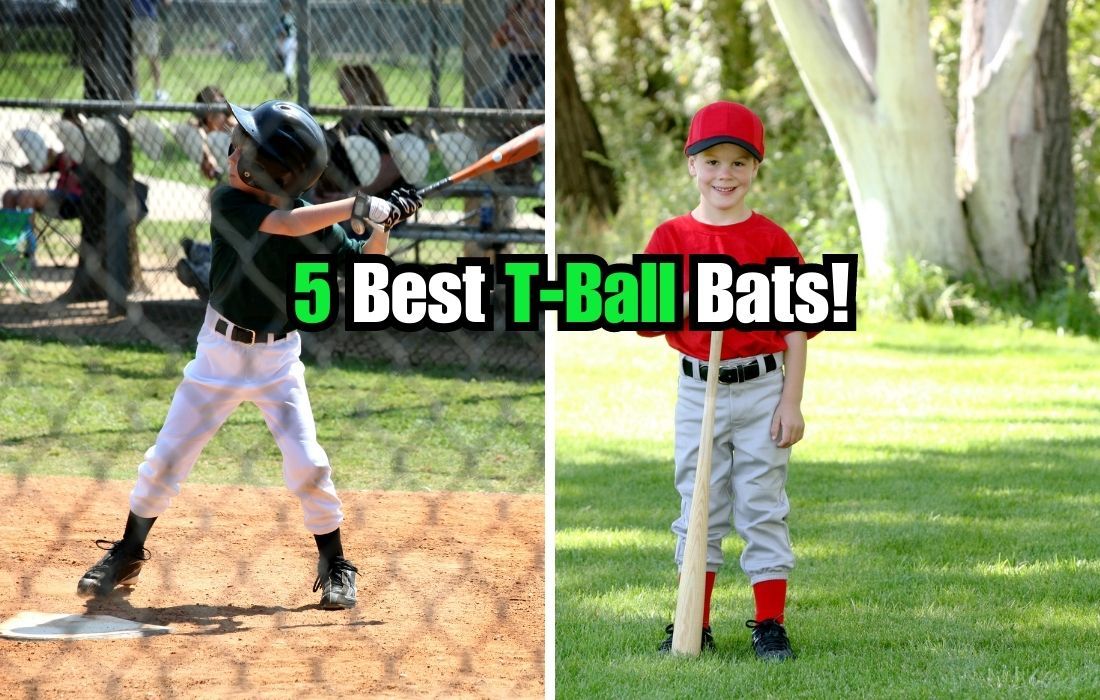
Manual vs. Automatic Machines
The choice between manual and automatic machines is another significant factor when selecting a pitching machine. Manual machines, like the Louisville Slugger Black Flame, are generally more affordable and do not require electricity to operate. They offer more control over the pitch type and speed, making them a good choice for beginners who are just starting to learn the basics of batting.
On the other hand, auto feeder pitching machine, like the Jugs BP1 and Heater Sports, are programmed to throw a variety of pitches at different speeds. While they are more expensive and require electricity to operate, they offer greater flexibility and control, making them ideal for more experienced players who need to practice hitting different types of pitches.
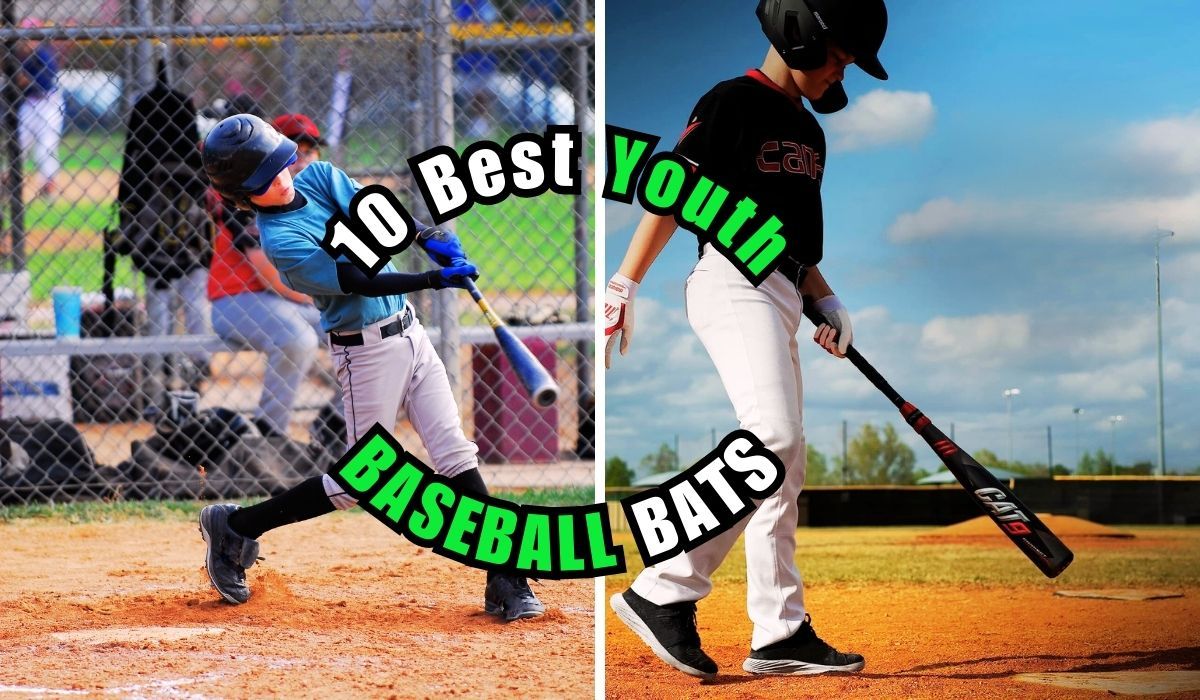
Ball Compatibility
Last but not least, ball compatibility is a critical factor to consider when selecting a Little League pitching machine. Using the wrong type of ball can damage the machine and decrease pitch accuracy. Most Little League pitching machines are compatible with baseballs, softballs, and wiffle balls.
When choosing a pitching machine, it’s also important to consider what type of ball the player will be using in games. For example, if your Little League player will be using regulation baseballs in games, it would be ideal to choose a machine that can also use regulation baseballs for training. This ensures that the player can practice under the same conditions that they will face in a real game.
Enhancing Your Little League Training Experience
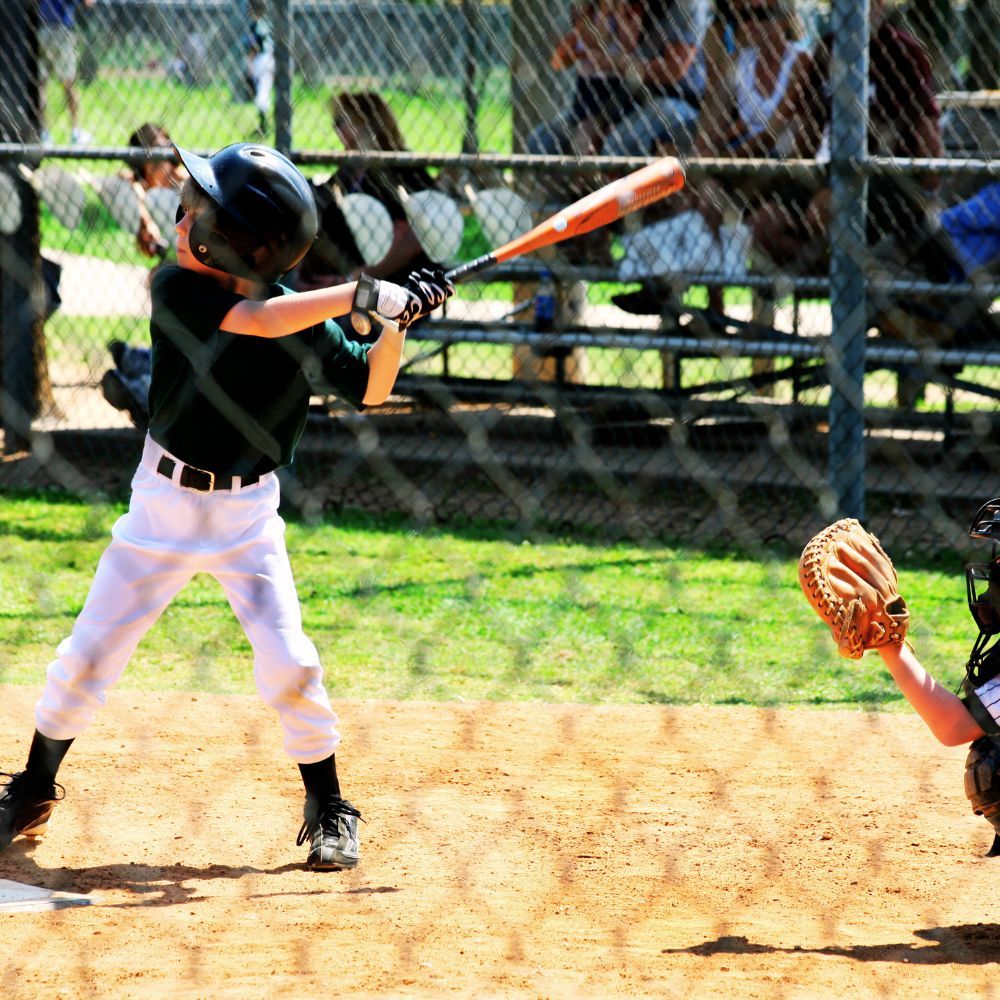
Now that we’ve explored the top Little League pitching machines of 2023 to hit a grand slam usa and the factors to consider when choosing a machine, let’s shift gears and discuss how to enhance the training experience.
From proper setup and maintenance to safety precautions and training techniques, there’s a lot that goes into ensuring a productive and enjoyable practice session.
For starters, it’s important to make sure the machine is properly set up and maintained.
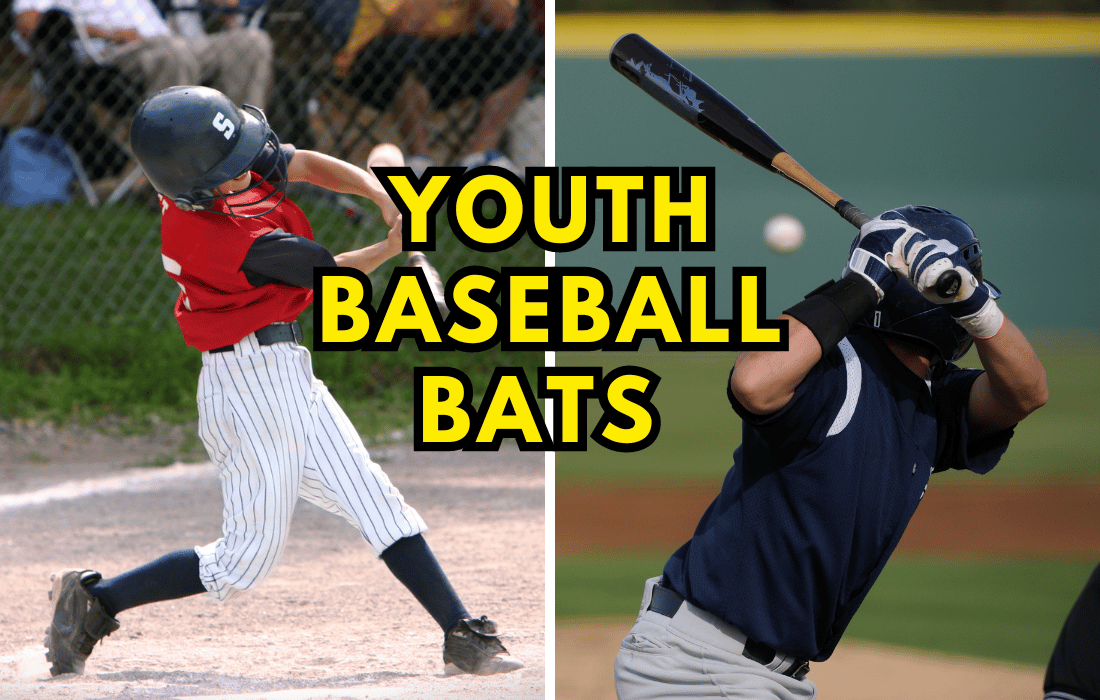
Proper Setup and Maintenance
Setting up and maintaining your pitching machine in the batting cages properly is the first step to ensuring optimal performance and longevity. When setting up the machine, follow the manufacturer’s guidelines to ensure that it’s securely fastened to the ground and that all connections and configurations are in order.
Maintaining your pitching machine involves:
- Regular inspection for signs of wear and tear
- Cleaning the machine after each use
- Lubricating any moving parts
- Replacing any worn or damaged parts
By properly setting up and maintaining your pitching machine, not only will you ensure its longevity, but you will also improve its performance, helping your Little League player get the most out of every practice session.
Safety Precautions and Guidelines
Safety is paramount when using a pitching machine. It’s important to adhere to the recommended pitching distance of 42 feet from the rear point of home plate to ensure a safe distance between the machine and the player. Protective gear, such as helmets and batting gloves, should also be worn during practice sessions to prevent any accidents or injuries.
In addition, it’s important to understand the implications of a batted ball coming into contact with the pitching machine or the coach operating it. In such cases, the ball is immediately declared dead to prevent any accidents.
By following these safety guidelines, you can ensure a safe and enjoyable practice experience for your Little League player.
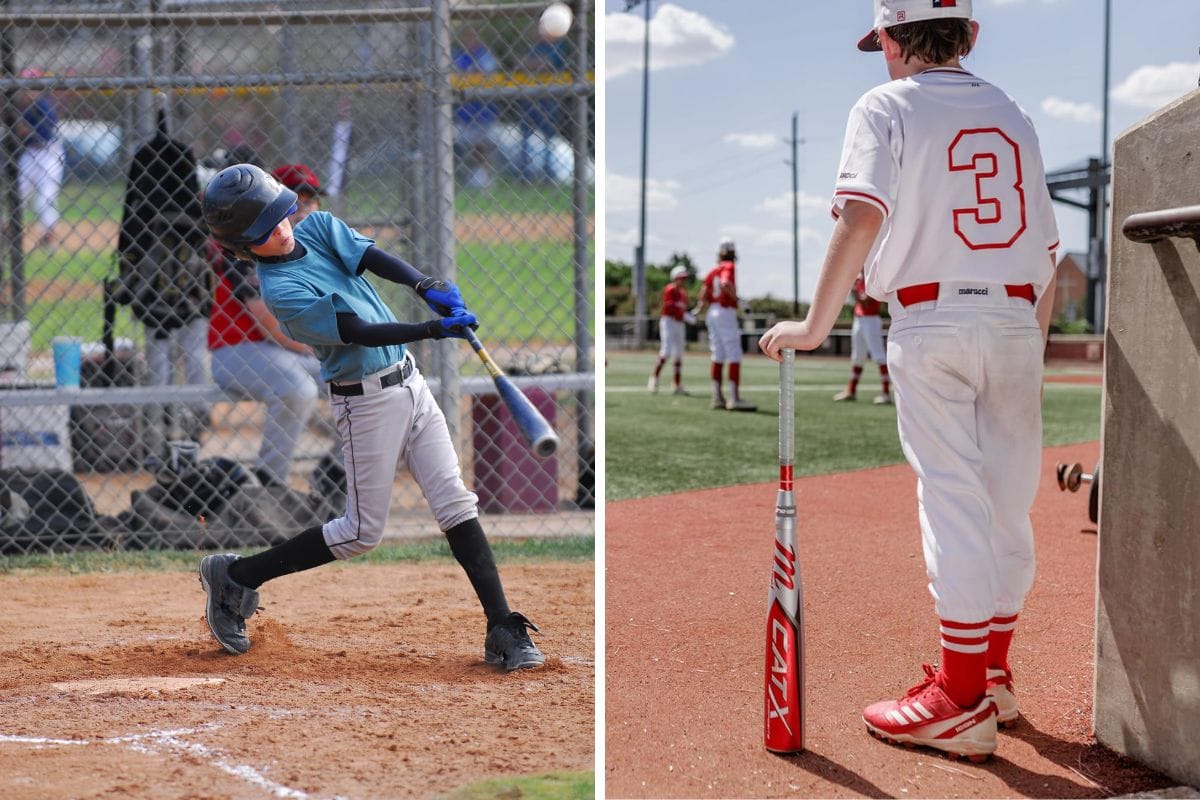
Incorporating Drills and Training Techniques
To get the most out of a pitching machine, it’s beneficial to incorporate a variety of drills and training techniques into practice sessions. These can include obstacle courses, goalies, and competitions, which can make practice more enjoyable and help to improve accuracy.
Techniques such as the Stride Drill and Pitching Accuracy Drills can also be used to enhance balance and control for pitchers.
Other drills that can be incorporated into training sessions to enhance pitching performance include:
- Target Practice
- Bullpen Accuracy
- Pitching Velocity and Techniques
- Rock Back and Forth
- Heel Clicks
By regularly practicing these drills and techniques, your Little League player can significantly improve their pitching skills.
Budget-Friendly Options for Little League Pitching Machines
While the top pitching machines mentioned above offer a variety of features and benefits, they may not be within everyone’s budget. But worry not! There are budget-friendly options available that still deliver quality performance.
Let’s take a look at two such manual pitching machines competing for the title of the best pitching machine - the Jugs Small-Ball Pitching Machine and the Franklin Sports MLB Electronic Baseball Pitching Machine, both of which are alternatives to the popular Iron Mike Machines and even softball pitching machine options.
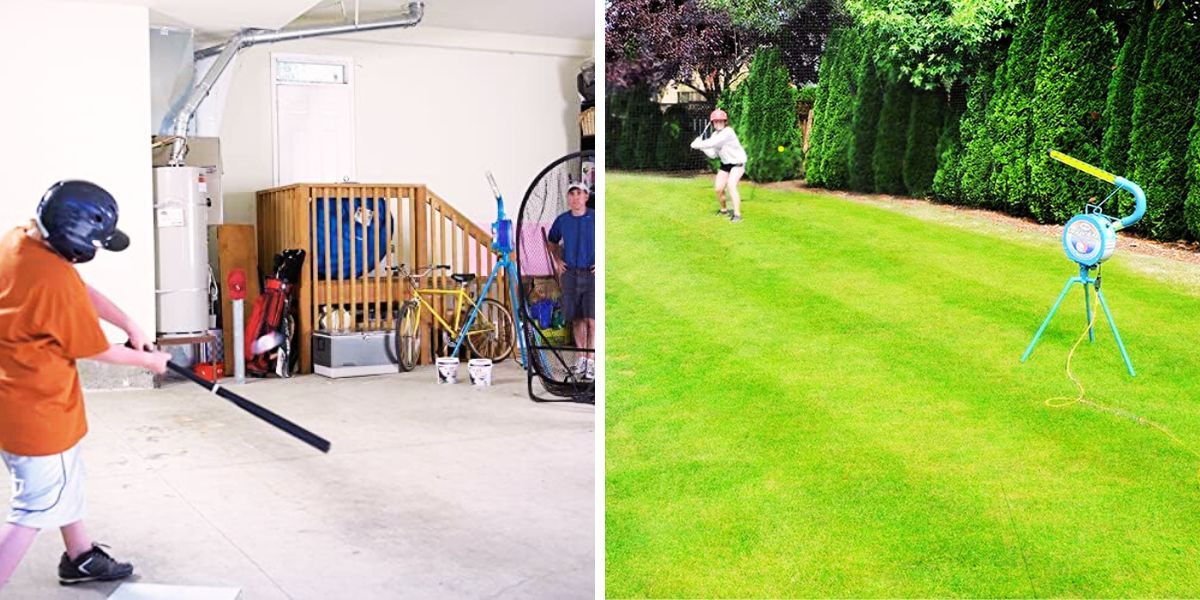
Jugs Small-Ball Pitching Machine
The Jugs Small-Ball Pitching Machine is a pocket-friendly option that doesn’t compromise on performance. It features:
- Uses 5-inch, 5-ounce polyurethane balls that are about half the size of a regular baseball
- Great tool for precision training
- Smaller balls can help make a regular baseball appear larger, aiding in the batter’s confidence and hitting precision.
Despite its smaller size, the Jugs Small-Ball Pitching Machine still offers a good speed range of 15 to 45 mph and can throw fastballs, curveballs, and sliders. Its affordability and performance make it an excellent choice for youth league pitching machine needs, especially for Little League teams on a budget. Perfect for any Little League field dimensions.
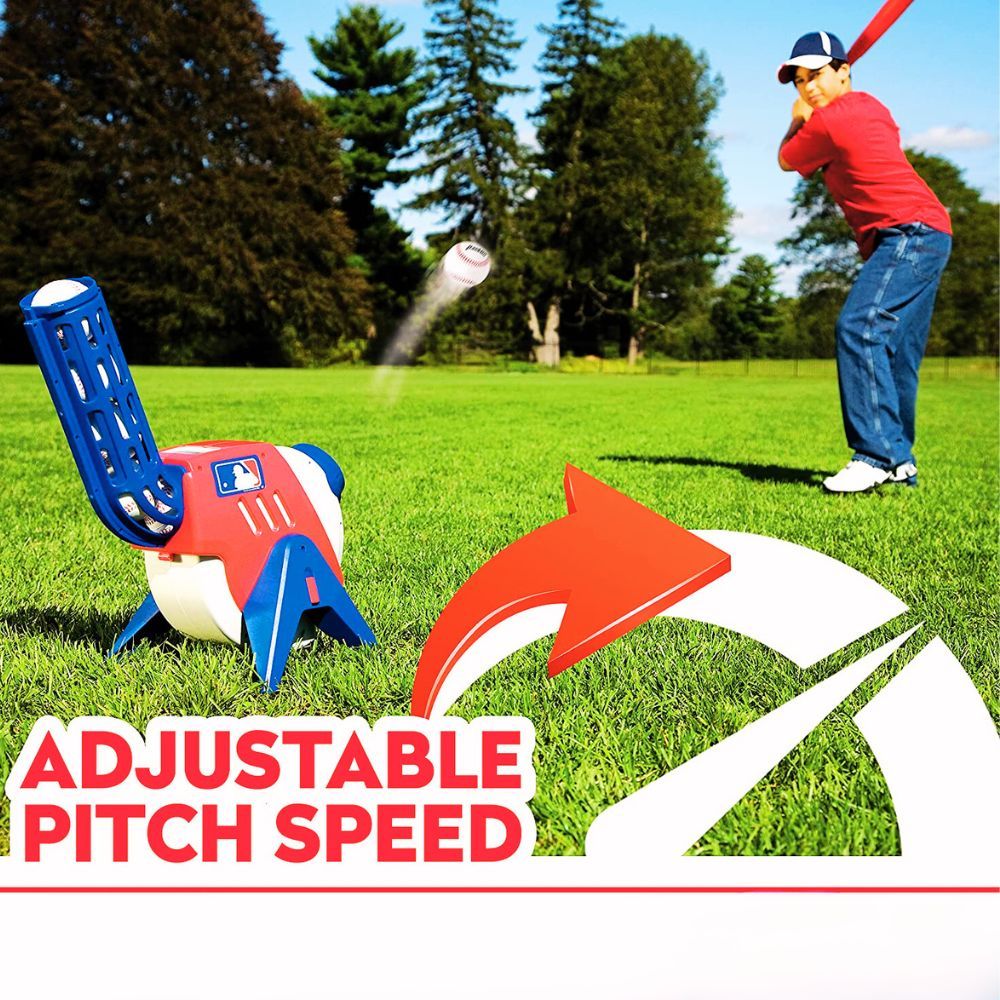
Franklin Sports MLB Electronic Baseball Pitching Machine
The Franklin Sports MLB Electronic Baseball Pitching Machine is another cost-effective option that’s perfect for tee ball players. This battery-operated machine offers adjustable height and a built-in feeder, making it easy for young players to practice on their own.
Despite its affordability, the Franklin Sports machine offers a range of features.
- Speed range of 15 to 20 mph
- Can throw fastballs, curveballs, and sliders
- Lightweight and portable, making it convenient for teams that may need to move their machine around frequently.
Overall, it’s a fantastic choice for Little League teams on a budget.
Investing in the Future: Are Little League Pitching Machines Worth It?
Investing in a Little League pitching machine may seem like a big commitment, but when you consider the long-term benefits, it’s worth it. Here are some reasons why:
- Improved hand-eye coordination
- Competitive edge
- Overall skill development
- Instills a love for the game
- Dedication to practice in young players
- Great for senior league divisions bp
Consider it an investment in the future. With regular practice on a pitching machine, a Little League player can build a solid foundation in their hitting mechanics. This can lead to more confidence on the field, better performance in games, and potentially, a lifelong love for the sport of baseball.
Whether you’re a coach, parent, or player, investing in a Little League pitching machine is a step towards a brighter baseball future. I would stay away from a homemade diy pitching machine because they tend not to be as accurate.
SwagScale Summary
To sum it up, a Little League pitching machine can be a valuable tool for improving a player’s batting skills and overall performance for the local league or professionals.
From the versatile Louisville Slugger Black Flame to the Jugs BP1 Baseball/Softball Combo and Heater Sports Heavy Duty Baseball Pitching Machine, there are options to suit every need and budget.
By considering factors like speed range, pitch variety, manual vs. automatic operation, and ball compatibility, you can find a machine that’s just right for your junior league baseball player to be ready on the baseball field.
Pair that with proper setup, maintenance, safety precautions, and effective training techniques, and you’ve got a winning combination for success on the baseball diamond. Pretty soon the outfielders will be back by the outfield fence when you are up to bat!
Your Baseball Guru,
Ray
Frequently Asked Questions
How many innings are in a machine pitch in Little League?
Games in Little League consist of six (6) innings with a maximum of five (5) pitches per batter, and no extra innings are allowed. Umpiring is done by coaches and the games last for 1 hour and 45 minutes, or until six innings have been completed.
Do pros use pitching machines?
Professional baseball players are increasingly relying on pitching machines to help them perfect their craft, as they are capable of throwing a range of pitches at high speeds.
Professionals also use a virtual baseball simulator to mimick who they are batting against. They make an invaluable training tool for MLB players.
Can you use baseballs in the pitching machine?
Yes, you can use baseballs in a pitching machine as long as they are under 4” in diameter and 7oz weight.
It is also possible to use the machines with cricket, lacrosse, or tennis balls.
Is there a pitching machine that throws curve balls?
Yes, the FirstPitch 2-Wheel Curveball Pitching Machine is a heavy-duty machine that can throw up to 105 MPH and multiple types of pitches, including curveballs, sliders, knuckleballs, fastballs, tailing fastballs, and sidearm curves.
It is designed to help players of all ages and skill levels improve their pitching accuracy and mechanics. It is also great for team practice, as it can throw up to 50 pitches in a row without reloading.
The machine is also adjustable, allowing you to customize the pitch speed and type to suit your needs.
You can make baseball pitching machine DIY on your own but not recommended because very hard to get the balls to be consistent. It is recommended to put the machine on the pitching rubber to get the best results.
How fast is an 8u pitching machine?
An 8u pitching machine has an adjustable speed of 35-37 mph, which is checked by the umpire before each game.




